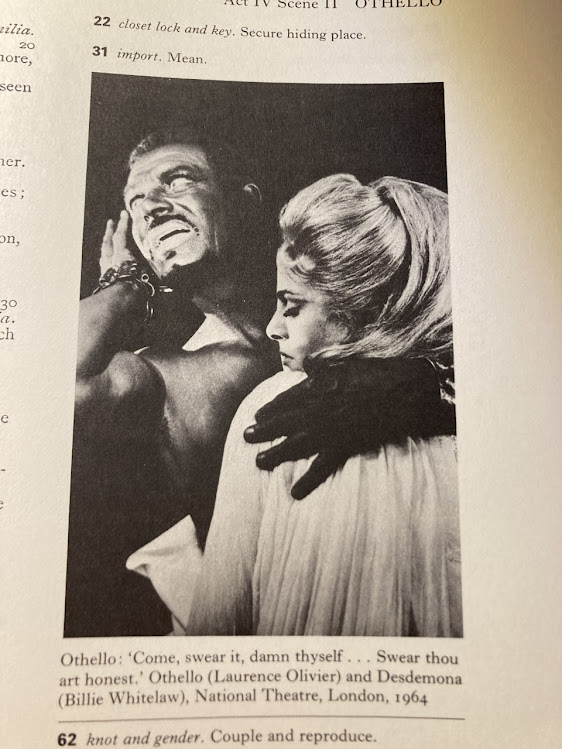The
property by what it is should go,
Not
by the title. She is young, wise, fair;
-King
All’s Well That Ends Well Act II,
Scene iii, Line 133
Believe it or not, the speech here by the
king has many similarities to yesterday’s speech by Shylock. In particular, the
king is making the point to Bertram that he should not judge Helen by her
social status, in the same way that Shylock was telling Salarino that he should
not be judged by his Jewishness. Pretty interesting, eh?
For context, Helena has just cured the
king and has now been promised anything she wishes. She wishes to marry
Bertram. However, Bertram is a Count, and Helena is a commoner. Bertram objects
on this basis, and the king replies
‘Tis
only title thou disdain’st in her, the which
I can build up.
Strange is it that our bloods,
Of colour, weight,
and heat, pour’d all together,
Would quite
confound distinction, yet stand off
In differences so
mighty. If she be
All that is
virtuous, save what thou dislikest,
A poor physician’s
daughter, thou dislikest
Of virtue for the
name: but do not so:
From lowest place
when virtuous things proceed,
The place is dignified
by the doers deed:
Where great
additions swell’s, and virtue none,
It is a dropsied
honour. Good alone
Is good without a
name. Vileness is so:
The property by
what it is should go,
Not by the title.
She is young, wise, fair;
In these to nature
she’s immediate heir,
And these breed
honour: that is honour’s scorn,
Which challenges
itself as honour’s born
And is not like
the sire: honours thrive,
When rather from
our acts we them derive
Than our foregoers:
the mere word’s a slave
Debosh’d on every
tomb, on every grave
A lying trophy,
and as oft is dumb
Where dust and
damn’d oblivion is the tomb
Of honour’d bones
indeed. What should be said?
If thou canst like
this creature as a maid,
I can create the
rest: virtue and she
Is her own dower;
honour and wealth from me.
Just to help you out a bit: dropsied
is puffed up or pretentious, and debosh’d is corrupted or depraved. So,
given that, what do you think? I think the similarities to yesterday’s speech
are significant. One thing that particularly stands out is the use of blood to
make the point. Yesterday Shylock was telling us that Jews bleed just like Christians.
Today the king is telling us that everyone’s blood is the same – pour’d all
together, would quite confound distinction. Again, Totally Random lines. It’s
uncanny, isn’t it?
And just one more example of things being the same, even when they may be perceived (erroneously)
to be different. In this case we get a written notice that they are the same. Too bad we couldn't get a written notice on so many other things in life! Perhaps Will's works are our written notice?




















.jpg)